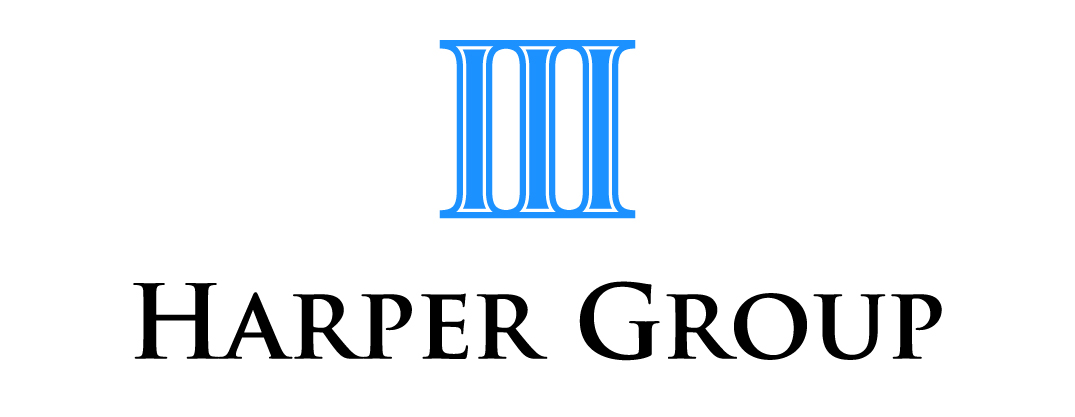BUDGET NEWSLETTER 2025
Welcome to our budget edition newsletter.
It includes information on super, proposed cuts to personal tax rates and other important items.
New personal tax rates for the 2027 and 2028 financial years
From 1 July 2026, the Government proposes further tax cuts to Australian individuals to assist with cost-of living pressures and mitigate bracket creep.
The proposed tax cuts result in:
A reduction to the 16% tax rate to 15% from 1 July 2026
A reduction to the 15% tax rate to 14% from 1 July 2027
The tax rates for the 2026/27 and 2027/28 financial year compared to the 2025/26 financial year are as follows:
Medicare levy low-income thresholds
The Medicare levy low-income threshold will increase from 1 July 2024 for singles, families, seniors and pensioners.
More than 1 million Australians on lower incomes will continue to be exempt from the Medicare levy or continue to pay a reduced levy rate, under this cost‑of‑living measure.
The new thresholds are listed below:
The family income thresholds will increase by $4,216 for each dependent child or student, up from $4,027.
No further extension to the small business $20,000 instant asset write off
Last year’s Federal Budget announced an extension of the $20,000 instant asset write off for small businesses until 30 June 2025. This measure is yet to be legislated.
The Government has not announced a further extension of the instant asset write off in the 2025-26 Budget. Accordingly, even if the measure from last year’s Budget is legislated, the instant asset write off will revert back to its $1,000 limit from 1 July 2025.
Energy bill relief for Australian households
The Government will extend the cost of living support measure announced in last year’s budget by a further six months to the end of 2025. Eligible small businesses and Australian households may be entitled to an energy bill rebate of $150 covering the September and December 2025 quarters. In most cases, the rebate will be applied automatically by the electricity provider and no further action is required.
Banning of non-complete clauses
The Government has announced the next tranche of its competition reforms will include banning non-compete clauses for workers earning less than the high-income threshold in the Fair Work Act (currently $175,000).
The Government will also close loopholes in competition law that currently allow businesses to cap workers’ pay and conditions, without the knowledge and agreement of affected workers and use ‘no-poach’ agreements to block staff from being hired by competitors.
The Government intends to consult on policy details, including exemptions, penalties, and transition arrangements and will also consider and consult further on non-solicitation clauses for clients and co-workers and non-compete clauses for high-income workers.
Excise changes for alcohol producers
The Government has announced that it will provide $165 million in support for brewers, distillers and wine producers through lower alcohol excise and excise equivalent customs receipts.
The Government will temporarily pause indexation of draught beer excise and excise equivalent customs duty for two years from August 2025, with biannual indexation to recommence from August 2027.
Brewers, distillers and wine producers eligible for the Excise remission scheme for manufacturers of alcoholic beverages and the Wine Equalisation Tax Producer Rebate will have their remission and rebate caps under each scheme lifted from $350,000 to $400,000 from 1 July 2026.
Payday superannuation set to proceed
From 1 July 2026, Government intends to proceed with introducing major reforms to the Superannuation Guarantee regime, requiring employers to align payment of an employee’s Superannuation Guarantee contributions within seven days of paying the employee’s salary and wages.
Restricting foreign ownership of housing
As previously announced on 16 February 2025, foreign persons (including temporary residents and foreign-owned companies) will be temporarily banned from 1 April 2025 for two years from purchasing established dwellings in Australia, unless an exception applies.
Exceptions to the ban will include investments that significantly increase housing supply or support the availability of housing on a commercial scale and purchases by foreign owned companies to provide housing for workers in certain circumstances.
This measure supports the Government’s broader agenda to boost Australia’s housing supply, allowing Australians to buy homes that would have otherwise been bought by foreign persons, while encouraging foreign persons to boost Australia’s housing supply. The ATO will be provided with an additional $5.7m to enforce this ban.
Also, additional ATO and Treasury funding will be provided to target land banking. This is to ensure foreign investors comply with requirements to put vacant land to use for residential and commercial developments within reasonable timeframes.
Harper Group Pty Ltd – Chartered Accountants Frankston - Ph 9770 1547
Disclaimer: All information provided in this article is of a general nature only and is not personal financial or investment advice. Also, changes in legislation may occur frequently. We recommend that our formal advice be obtained before acting based on this information.
Please note we at Harper Group Pty Ltd are not licensed to provide financial product advice under the Corporations Act 2001 (Cth) and taxation is only one of the matters that must be considered when making a decision on a financial product, including on whether to make superannuation contributions. You should consider taking advice from the holder of an Australian financial services license before making a decision on a financial product.

